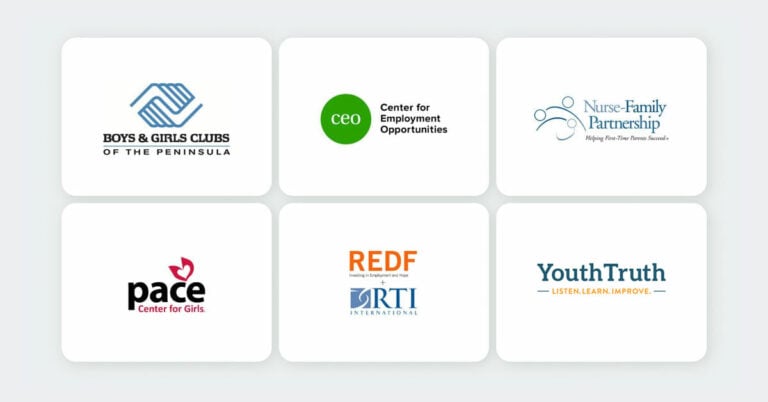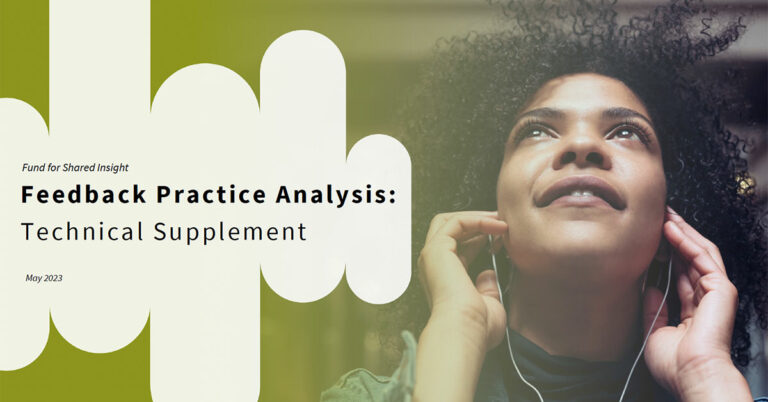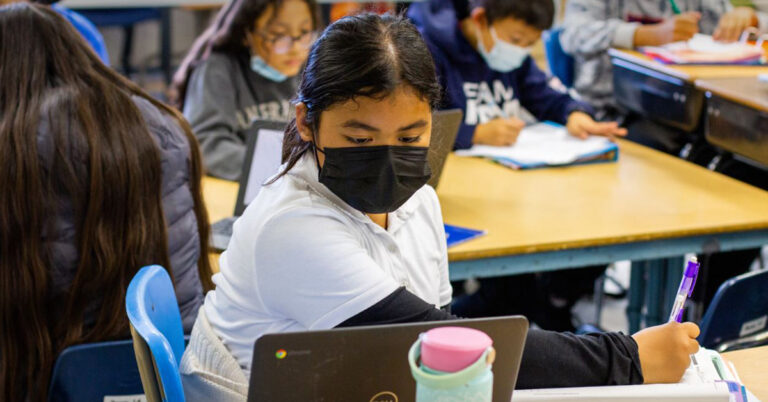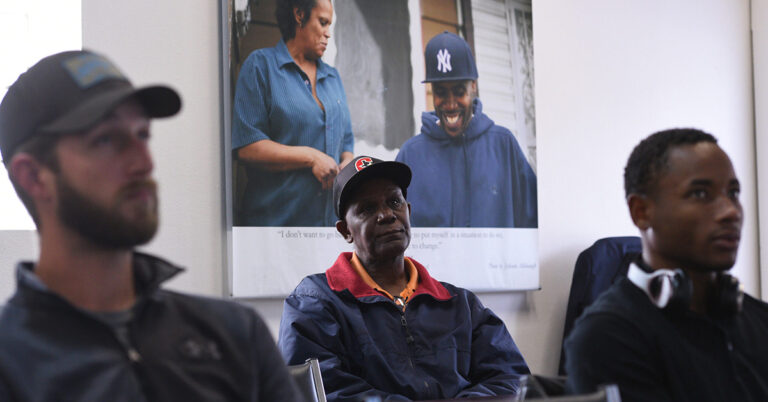Who stands to benefit from listening to students about their school experiences? Surely school leaders, who are directly interacting with students every day. But what about philanthropic leaders?
When we are given this kind of multiple choice:
Listening to students is…
A) The right thing to do
B) The smart thing to do
C) Beneficial for school leaders
D) Beneficial for philanthropic leaders
E) All of the above
our answer is a resounding, E, all of the above.
YouthTruth, an initiative of The Center for Effective Philanthropy, harnesses student perceptions to help school and school system leaders and education funders live out that commitment to listening and accelerate improvements. Our recent concurrent and predictive validity study, supported by Fund for Shared Insight and carried out in partnership with SRI Education, shines a light on why student feedback is both ethical and strategic for school systems and education funders alike.
YouthTruth has long made the argument that listening to students is the right thing to do: Of course the students at the very center of our education system should have a voice in how their school works for them, and how it can work better! We have also made the argument that listening to students is the smart thing to do because student feedback is empirically linked to student outcomes. Since student feedback is a leading indicator of student outcomes, such as grades or graduation rates, real-time feedback from students can help leaders manage to those desired outcomes. Furthermore, there is a growing body of research about the importance of the themes our surveys measure (such as relationships, belonging, and academic challenge) in creating a healthy school culture in which students learn and thrive.
Until now, this second argument we’ve been making – that student feedback is the smart thing to do – had been based entirely on research studies involving survey instruments focused more on academic outcomes than a broader conception of student success. With our new research with SRI, we set out to demonstrate that our particular survey instruments, YouthTruth’s student perception surveys, are empirically related to key academic and nonacademic measures of student success. The findings have made us even more powerful advocates for the value of our surveys for schools, districts, and education funders striving to shape school environments that help students grow and thrive.
The research investigated questions of concurrent and predictive validity to understand the extent to which student perceptions on YouthTruth’s student experience scales (or survey themes) predict student outcomes at the school level:
- Do 2018 YouthTruth student experience scales predict 2018 school-level student outcomes?
- Do 2017 YouthTruth student experience scales predict 2018 school-level student outcomes?
The student experience scales included: student engagement, academic challenge, relationships with teachers, belonging and peer collaboration, culture, and, for high-school students, college and career readiness. Controlling for state and school composition factors such as race, gender, English language learners, and students experiencing homelessness, we explored the relationship between the student experience scales and five outcomes: reading proficiency rate, math proficiency rate, ninth-grade retention rate, chronic absence rate, and suspensions.
Here’s what we learned.
- Each of the six student experience themes demonstrated evidence of concurrent and predictive validity with at least one of the five outcomes at one or more school level (elementary, middle, and/or high school).
- There were only two statistically significant relationships in an unexpected direction and there was no pattern to those results.
- Student perceptions of school culture (which center on themes of fairness and respect) were associated with every outcome measured, and student perceptions of belonging and peer collaboration were associated with four out of the five outcomes.
By expanding the outcomes studied beyond just academics, we were able to explore a more holistic picture of how student experience data relates to student success. And guess what? It’s all related! If we care about academic outcomes, we should be listening to students because their perceptions are related to academic outcomes. And if we care about social emotional outcomes, like suspensions, attendance, and retention, we should also be listening to students because their perceptions are also linked to important nonacademic outcomes.
When crafting policies and interventions at the school or district level, education leaders need to know how the policy is actually being experienced by students. Is the message intended the message received? What is working for students and what is missing the mark?
This applies equally to education funders who should also be listening to students in crafting their strategies and approaches. We cannot presume to know what students need and how our strategies will land without asking kids. And this research affirms that students really do know! Their perceptions about their school environment and learning experience are empirically linked to both academic and nonacademic outcomes.
So, who stands to benefit from listening to students about their school experiences? School leaders, for sure. Philanthropic leaders, absolutely. And, of course, students themselves benefit — because when decision makers are guided by a genuine understanding of their perceptions, the resulting strategies and approaches are better, smarter, and can lead to more positive student experiences and outcomes.
About the author:







